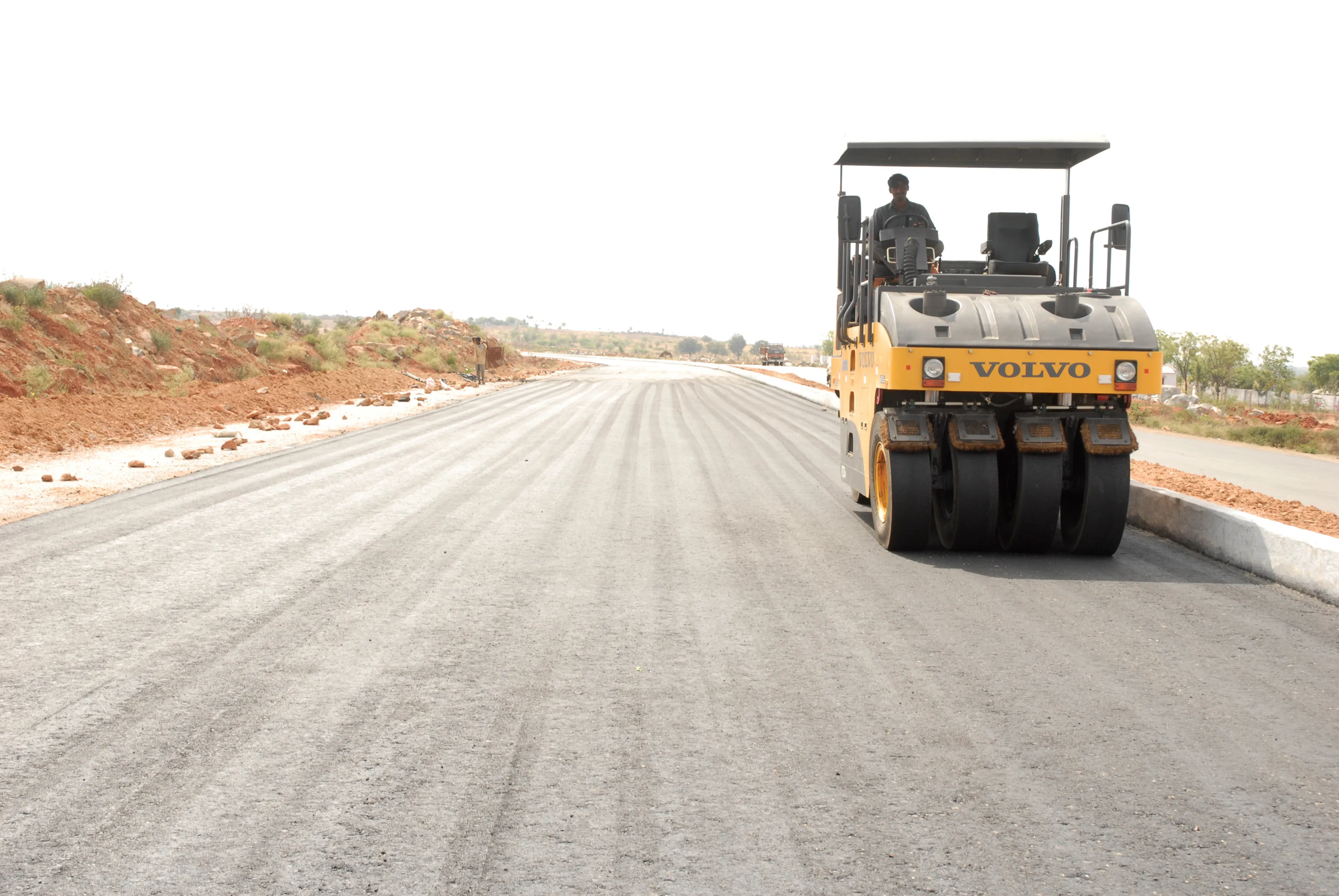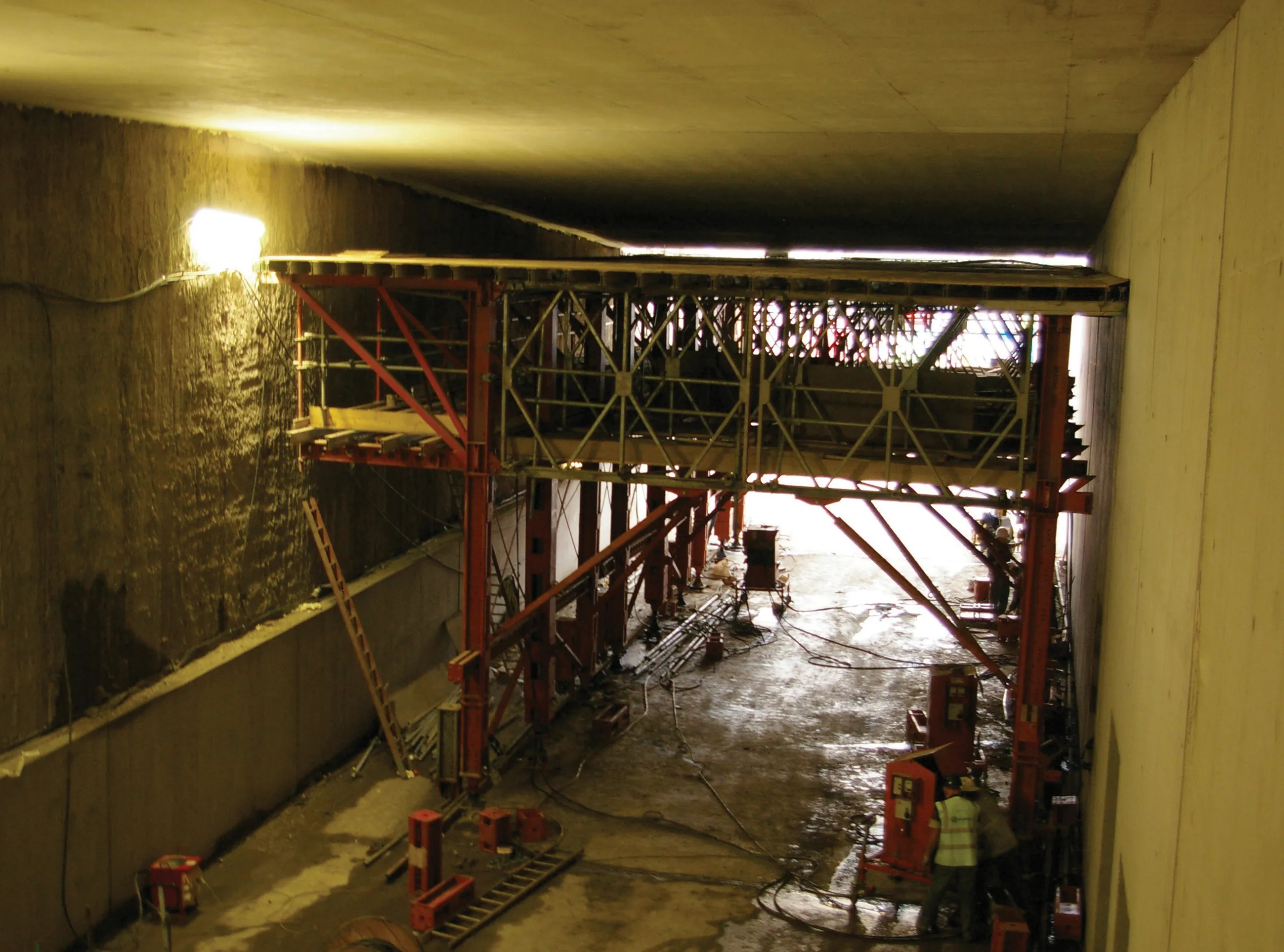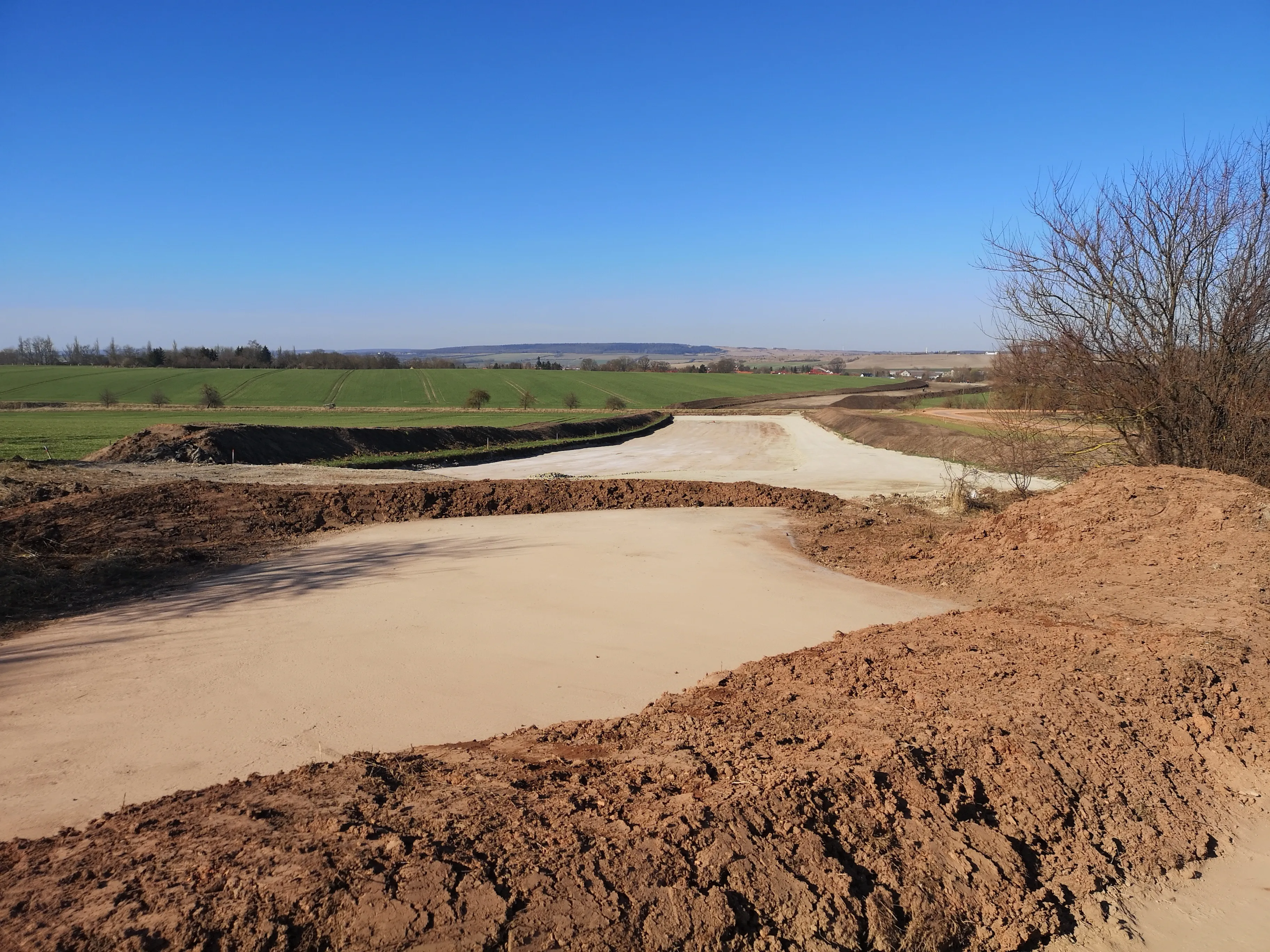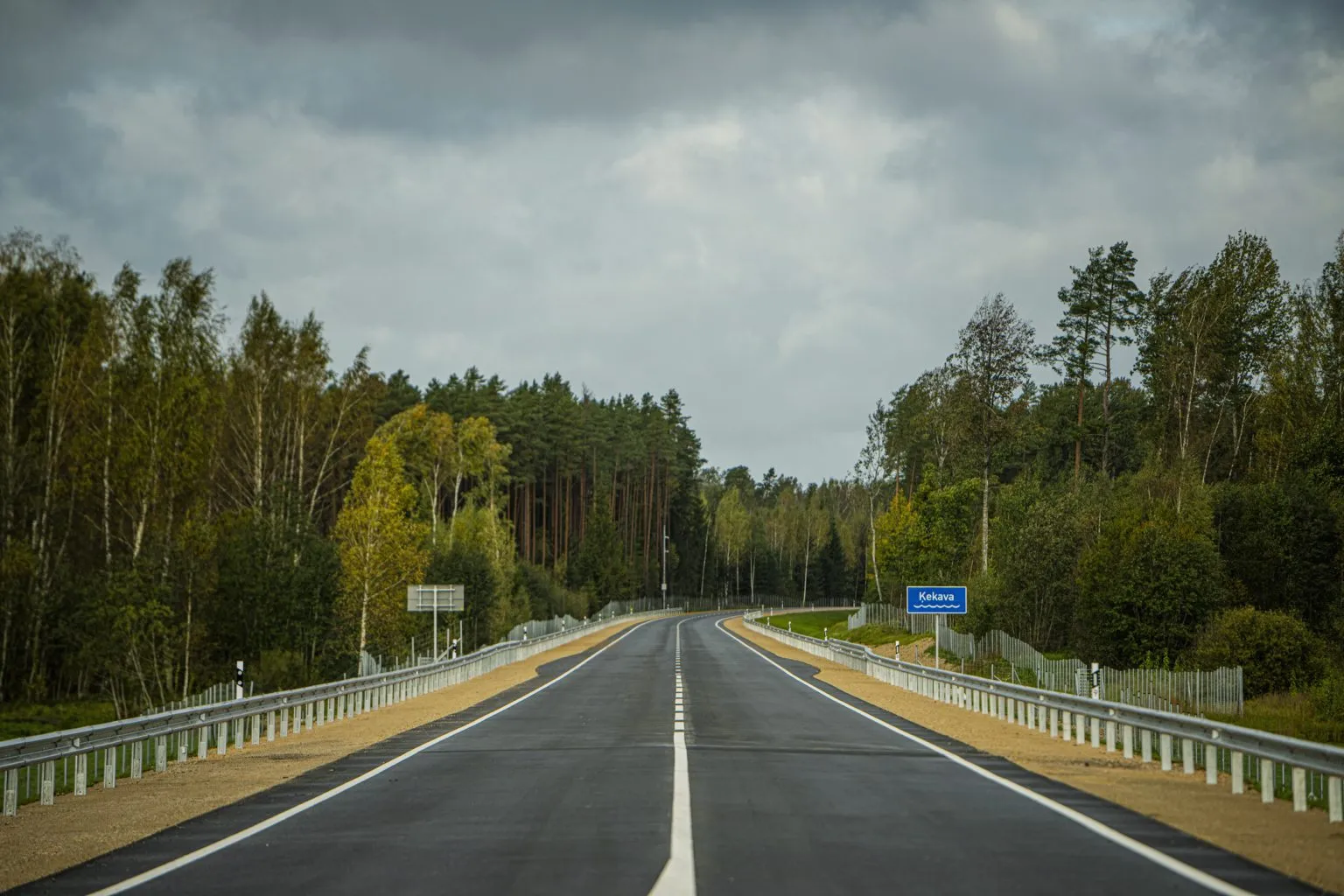Bypass works in the Philippines bypass are being planned.
By MJ Woof
November 18, 2020
Read time: 1 min

Construction works are being planned for the Davao City bypass in the Philippines. The first stage of the project is expected to cost US$273.3 million. A portion of the funding required will be provided by the Japan International Cooperation Agency (JICA).
The contract for the first section of the bypass will be carried out by two Japanese construction companies, Takenaka Civil Engineering & Construction, Shimizu and Ulticon Builders. One of the most challenging portions of this stage of the bypass will be the building of a new tunnel section.









